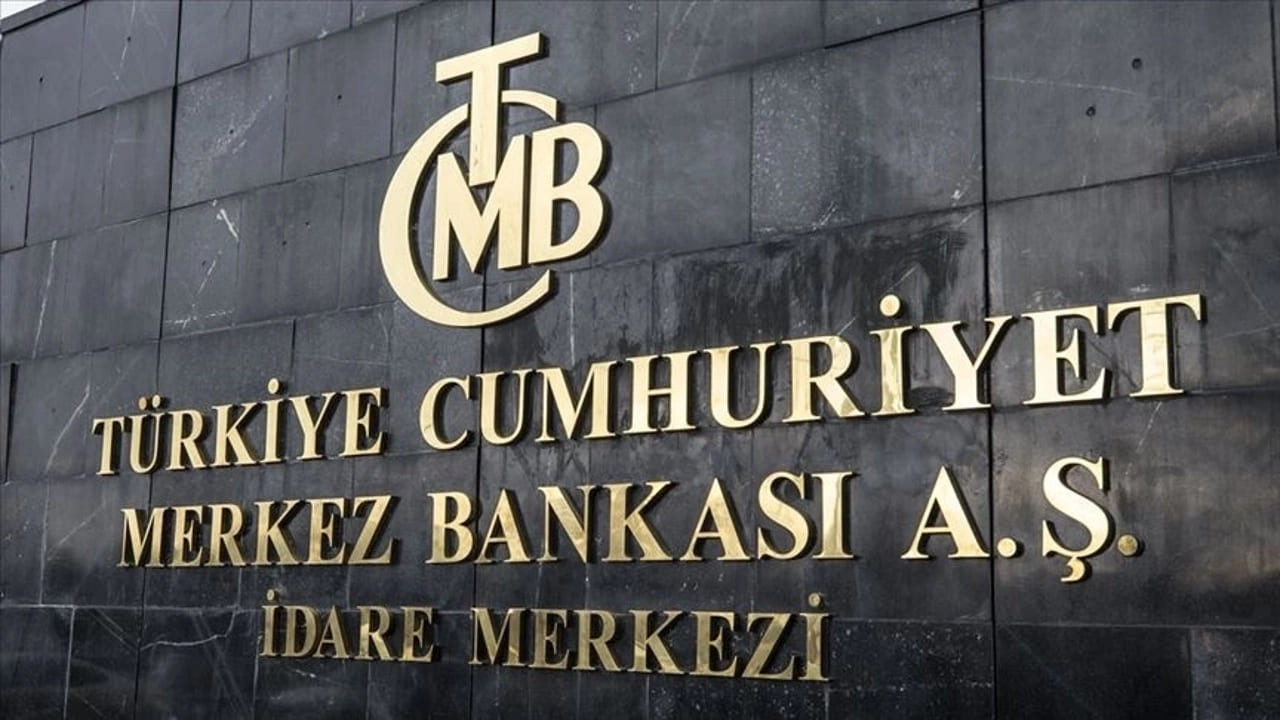Turkey's inflation hit 68.5 pct ahead of election blow to ruling AKP
Turkey's annual inflation rate climbed to 68.5 percent in March, official data by state-run TÜİK demonstrated, underscoring a major reason for the massive losses sustained by President Erdoğan's ruling AKP in local elections.
Reuters
Turkey's annual inflation rate climbed to 68.5% in March, data showed on on April 3, underscoring a major reason for the massive losses sustained by President Recep Tayyip Erdoğan's party in nationwide local elections at the weekend.
Monthly inflation was 3.16%, the Turkish Statistical Institute (TÜİK) said, easing from 4.53% and 6.7% in the previous two months as fallout from wage hikes and other administered price rises at the start of the year faded.
The consumer price data were a bit below expectations with annual inflation likely to rise through mid-year. The annual rate was expected to be 69.1% in March and the monthly rate 3.5%, a Reuters poll showed.
Annual inflation - which has soared well above a 5% target for years in Turkey, largely due to Erdoğan's past unorthodox monetary policies - is seen falling to about 44% by year end, above a central bank forecast of 36%.
Erdoğan's Justice and Development Party (AKP) was ousted from mayoral seats in several provinces and thumped by the main opposition in big cities Istanbul and Ankara on March 31, its worst election loss since the AKP was founded more than two decades ago.
Voters punished Erdoğan and his party largely over the cost-of-living crisis, AKP officials and analysts said.
"We knew that this election was going to be harder than others because we are applying a very strict fiscal policy that may taste bitter today but we know that it will help in the future," said Harun Armağan, an AKP central decision board member and vice chair of foreign relations.
Economic administration to continue policy U-turn
The central bank launched an aggressive monetary tightening cycle in June, reversing the low-rates policy Erdoğan had overseen for years.
Last month the bank surprised analysts when it went further, hiking interest rates by another 500 basis points to 50 percent due to what it called a deteriorating inflation outlook.

Erdoğan, addressing an AKP meeting on April 1, acknowledged that high inflation was having a big impact on voter behavior, according to a readout from AKP sources.
"Particularly the pensioners suffered a loss of welfare, and efforts to alleviate those hardships fell short," Erdoğan was quoted as saying.
The March consumer price inflation (CPI) data showed the biggest monthly rises in education, up 13.1%, and communication at 5.65%. Food and non-alcoholic drinks, housing, restaurants and culture price measures also drove inflation.
Shortly after the data release, Finance Minister Mehmet Şimsek said recent monetary and fiscal tightening would help anchor inflation expectations and support disinflation.
"We will do whatever is needed until we achieve our price stability target, our main priority," he said on social media platform X.
Aylık enflasyon öngörümüz doğrultusunda mart ayında geriledi.
— Mehmet Simsek (@memetsimsek) April 3, 2024
Para politikasındaki ilave sıkılaşma talepteki dengelenmeye önemli katkı sağlarken dış finansman imkanlarının daha da artması makro finansal istikrarı güçlendirecektir.
Deprem hariç harcama kontrolüyle sıkılaşacak…
In February, annual consumer price inflation (CPI) was 67.07%.
The domestic producer price index was up 3.29% month-on-month in March for an annual rise of 51.47%, the data showed.

 Turkey’s hunger threshold surpasses 20,000 liras for first timeEconomy
Turkey’s hunger threshold surpasses 20,000 liras for first timeEconomy Turkish Central Bank surprisingly increases interest rate to 50 pctEconomy
Turkish Central Bank surprisingly increases interest rate to 50 pctEconomy Turkey’s annual inflation climbs to 67 pct in FebruaryEconomy
Turkey’s annual inflation climbs to 67 pct in FebruaryEconomy